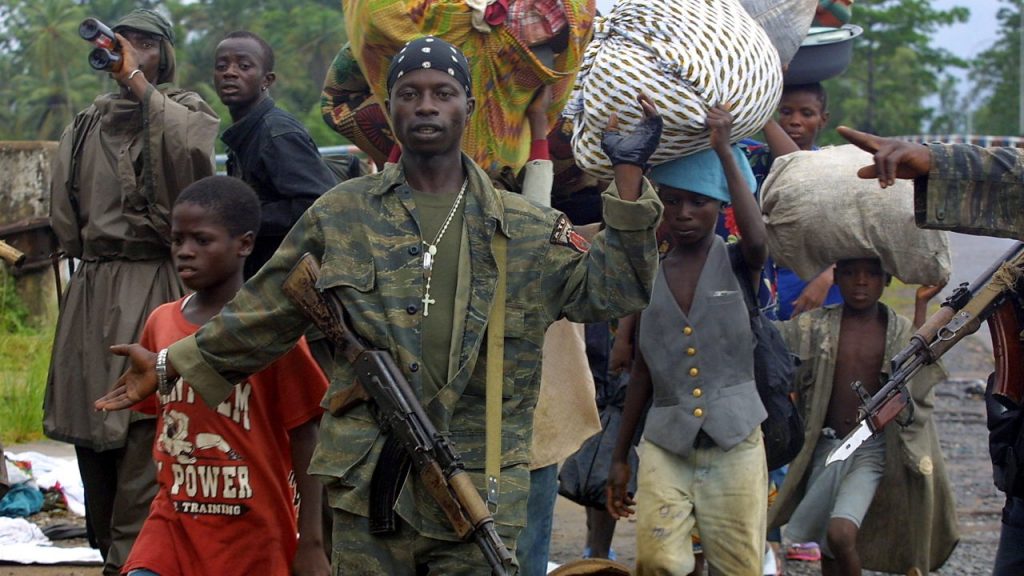Liberia is set to hold its first war crimes trials within the next five years, according to Jallah Barbu, the lawyer tasked with establishing a special War and Economic Crimes Court. The announcement comes over two decades after the end of Liberia’s brutal civil wars, which claimed an estimated 250,000 lives between 1989 and 2003.
Despite widespread atrocities—including massacres, rape, mutilation, and even acts of cannibalism—justice has eluded victims. Successive governments failed to act on the recommendations of a 2009 Truth and Reconciliation Commission (TRC) that called for the prosecution of key perpetrators.
Barbu, appointed in November by President Joseph Boakai, expressed confidence that Liberia is now ready to address its violent past. “We have a wonderful opportunity now to address our situation in the world and move forward,” he said. Barbu added that within Boakai’s six-year presidential term, the court will likely conduct its first trial.

President Boakai’s administration, which began this year, has already taken significant steps by signing a decree to establish the office responsible for creating the court. The court will prosecute individuals accused of war crimes, crimes against humanity, and economic crimes during the conflict.
The TRC’s 2009 report identified warlords from all sides of the conflict as responsible for atrocities, recommending trials for eight individuals. Among them was Prince Johnson, a former militia leader and senator who opposed the court’s creation until his death in November.
The court will adopt a hybrid model, incorporating both local and international laws. While Barbu acknowledged initial challenges, including limited funding, he reported receiving strong commitments from the Liberian government and international partners. The UK government has already contributed $5,000 to support a research trip to Sierra Leone, where a similar court was established after that country’s civil war.
Although no trials have occurred within Liberia, several individuals have been convicted abroad for their roles in the civil wars. The upcoming trials will mark a critical step toward accountability and justice for victims.


